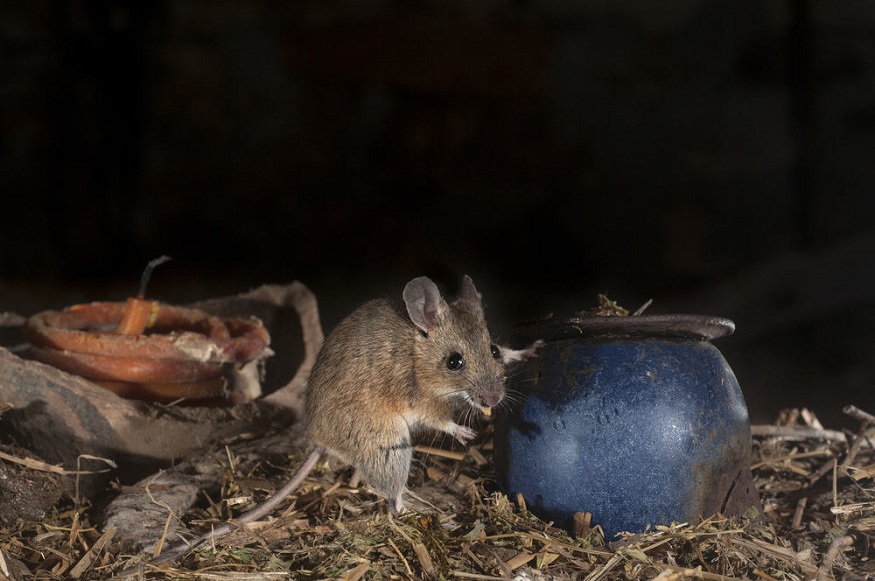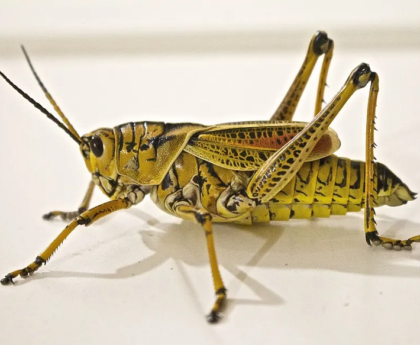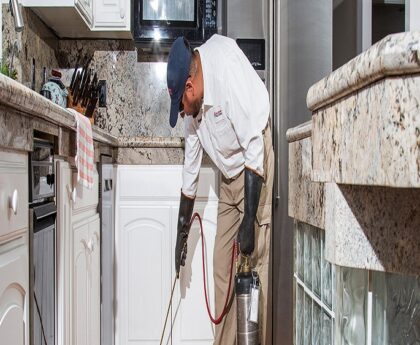Mice are known for causing property damage while people are asleep. They are active at night to avoid disruption from humans. As a homeowner, you will never want to have these pests in your home because of the damage they cause and the possible diseases they may transmit to you or your loved ones. Mice are scavengers and can pick pathogens from the garbage they ransack. If you have been seeing a mouse or two in your house, this could mean more of them are hiding nearby. This makes it important to act quickly as mice can reproduce rapidly. Contact pest control technicians at pointepest.com to get help with mouse elimination and prevention. One of the ways to eliminate and prevent a mouse infestation is to understand their behavior and habits.
What Do Mice Do at Night?
Whether your home is inhabited by house mice or deer mice, these rodents are nocturnal. Thus, they are mostly active at night, particularly during the first two hours after dark. The nocturnal lifestyle of these rodents allows them to avoid daytime competitors and predators. Because of their activity, you can hear them scurrying, scratching, or squeaking within walls or in the attic while you try to sleep. In their active hours, these rodents engage in the following behaviors:
- Foraging. Mice have a keen sense of smell that allows them to detect the location of a food source from a considerable distance and hunt for it in the dark.
- Enjoying their meals. After they have discovered a food course, mice will eat a little of it and hoard the rest.
- Socializing. As social animals, mice spend their nights interacting with other rodents.
- Reproducing. Mice use the nighttime to reproduce and strengthen their numbers after they have established themselves in your house.
- Nesting. The nesting activity of mice at night is quite high as they snuggle together during the day.
The damage mice cause in your house can indicate a serious infestation. Thus, it is important to understand their nighttime patterns.
The Risks Related to Mice
Aside from disrupting your sleep with their nighttime noise, mice also pose many risks to your house and health. They chew through insulation and wiring as they constantly search for food sources and nesting materials. Also, they can spread diseases like salmonellosis, hantavirus, and Bubonic plague. Their health risks are mainly from their urine and droppings, which can spread pathogens and cause allergic reactions. This makes it essential to clean up your home after an infestation thoroughly and hire professional cleaning services.
How to Deal with Nocturnal Pest Issues
A mouse infestation can become an annoyance, disruption, and a health hazard. To manage the problem effectively, prompt action should be taken. Below are steps to take to deal with mice:
- Identify the pest. To confirm that you have a mouse issue, identify the rodent first. Various rodents require varying control strategies. Mice may have infested your home if you can find droppings, strange noise at night, and gnawed holes.
- Seal entry points. Mice can squeeze their body through small gaps. To prevent them from entering your home, seal all possible entry points with steel wool or caulk. Make sure no tree branches or bushes touch your home because mice can use them as a bridge to your home.
- Maintain sanitation. Mice are drawn to food sources and clutter. To make your home less inviting for these rodents, clean it regularly and store food in glass or metal containers.
- Set traps. Traps can help catch mice, controlling their presence. They should be placed in areas with high mouse activity.
- Contact a pest control company. If you are dealing with a serious mouse infestation, do not rely on DIY solutions alone. You need pest control services tailored to your specific situation, ensuring a successful elimination.





